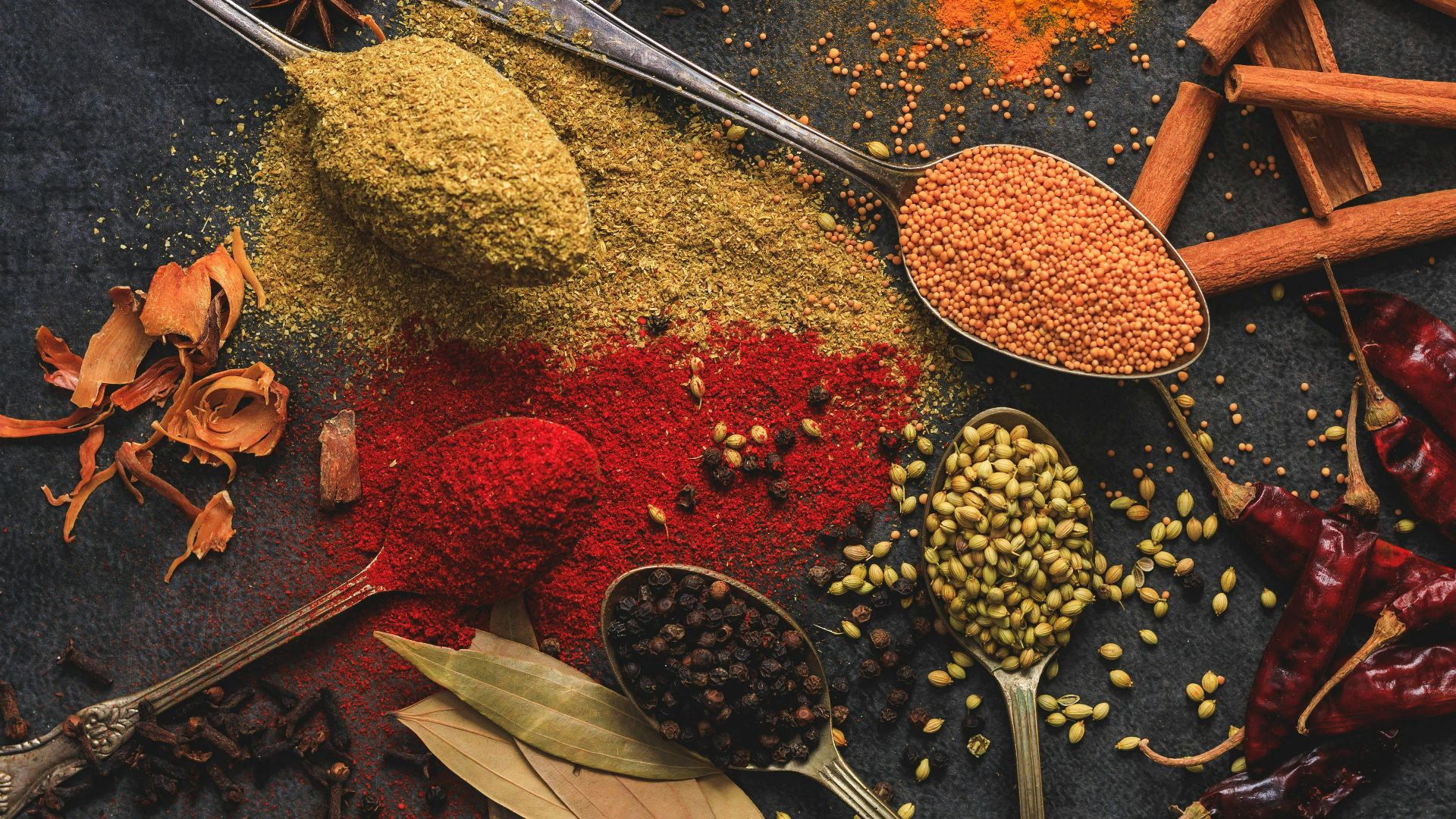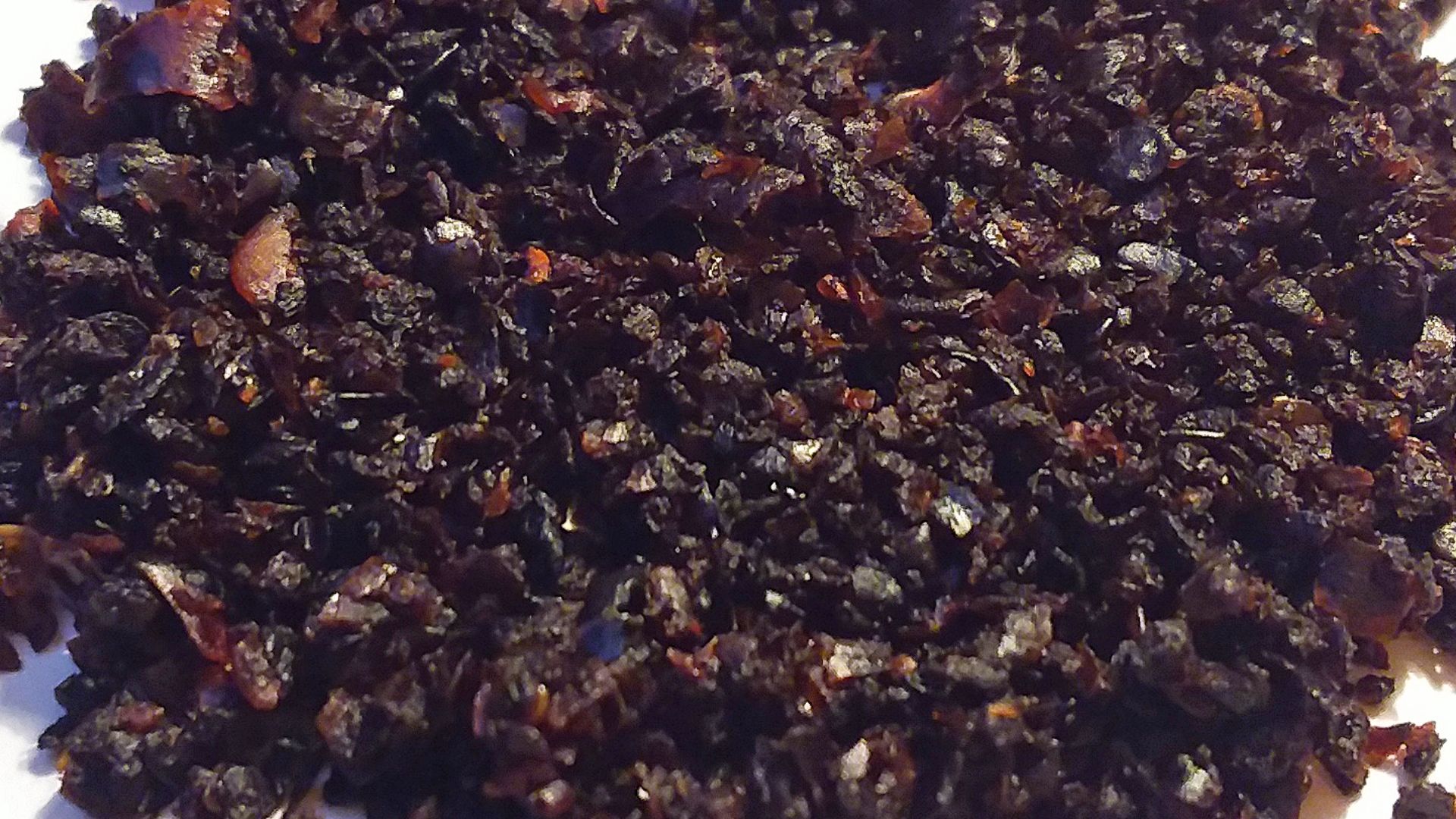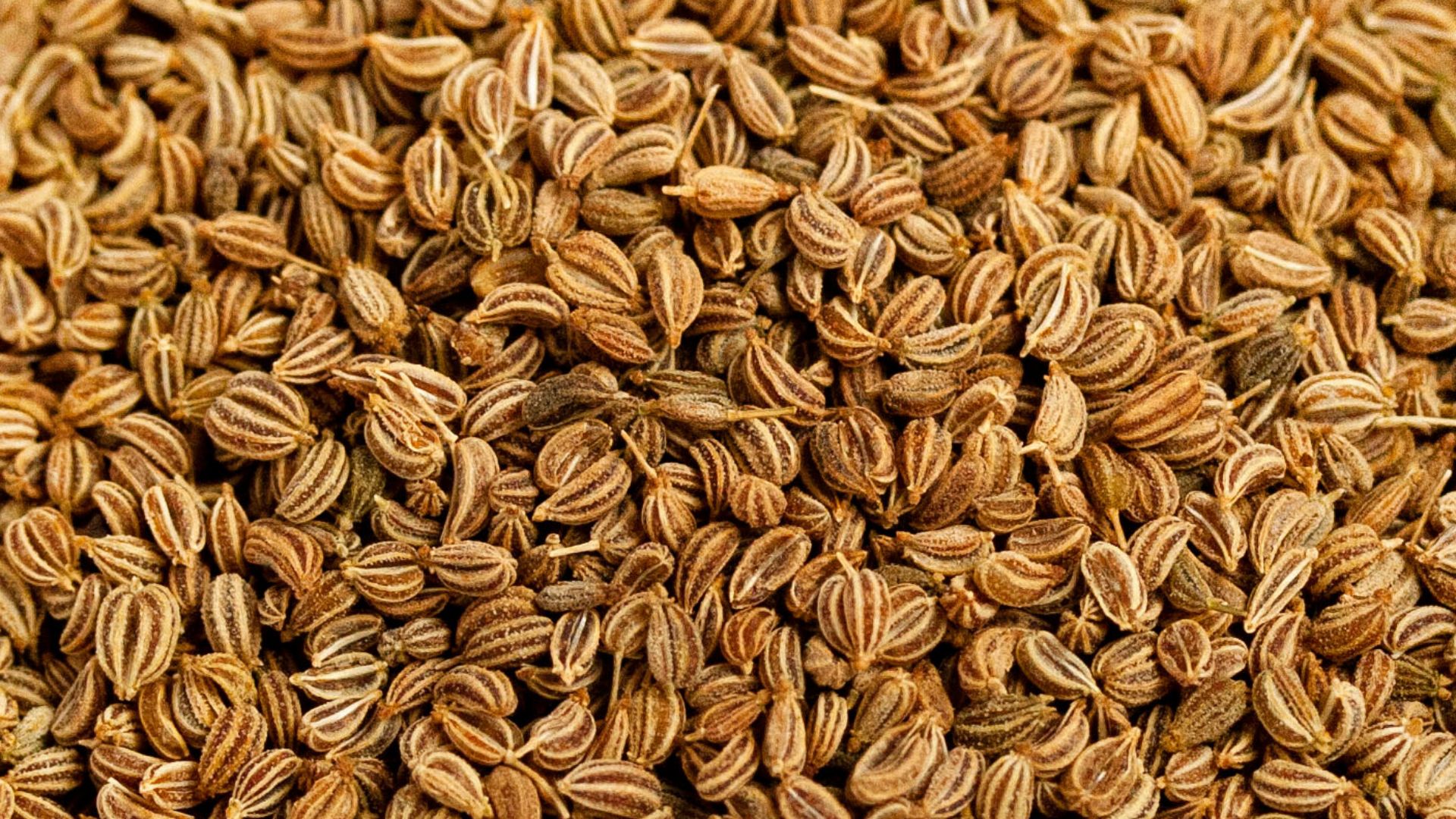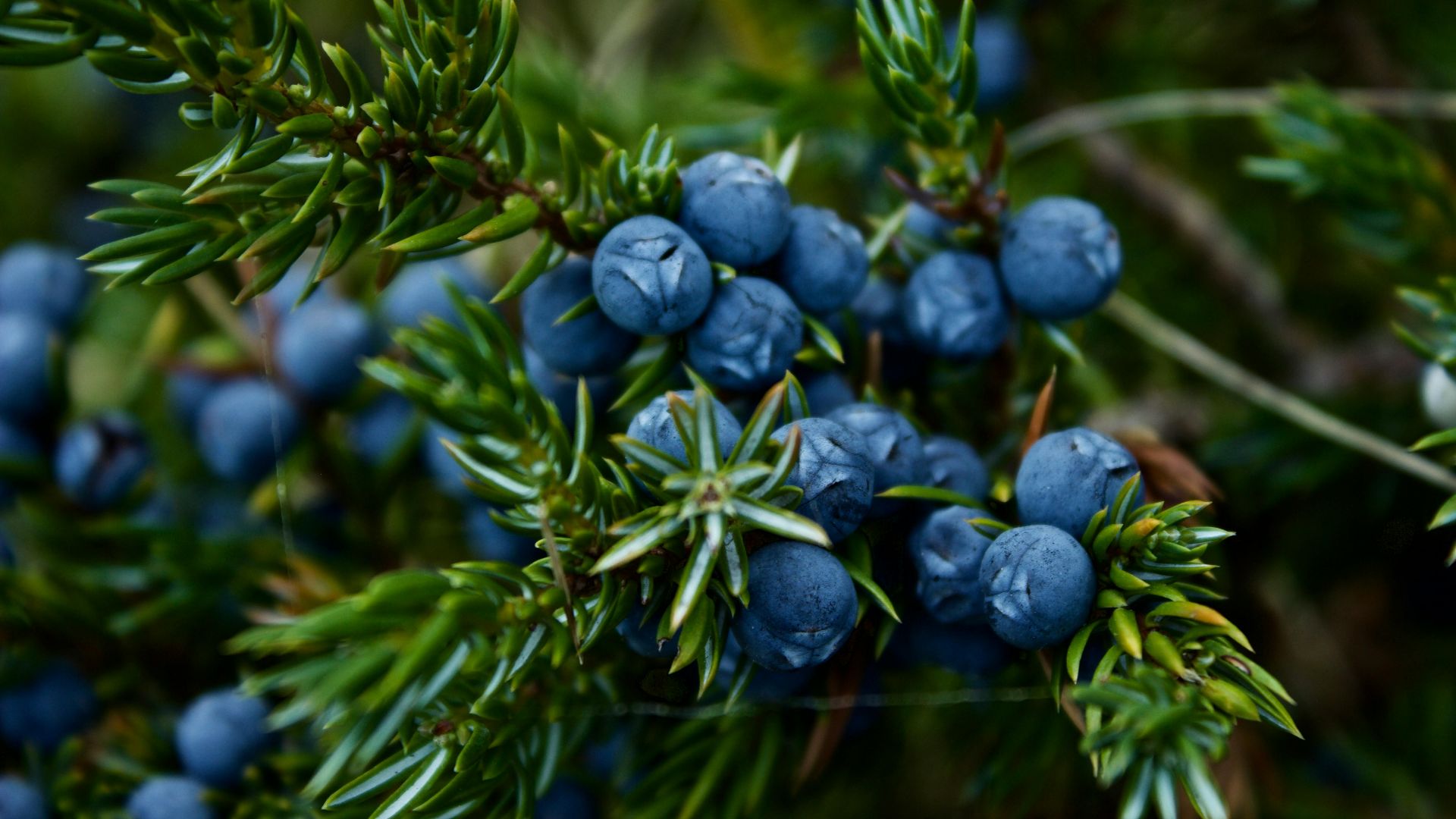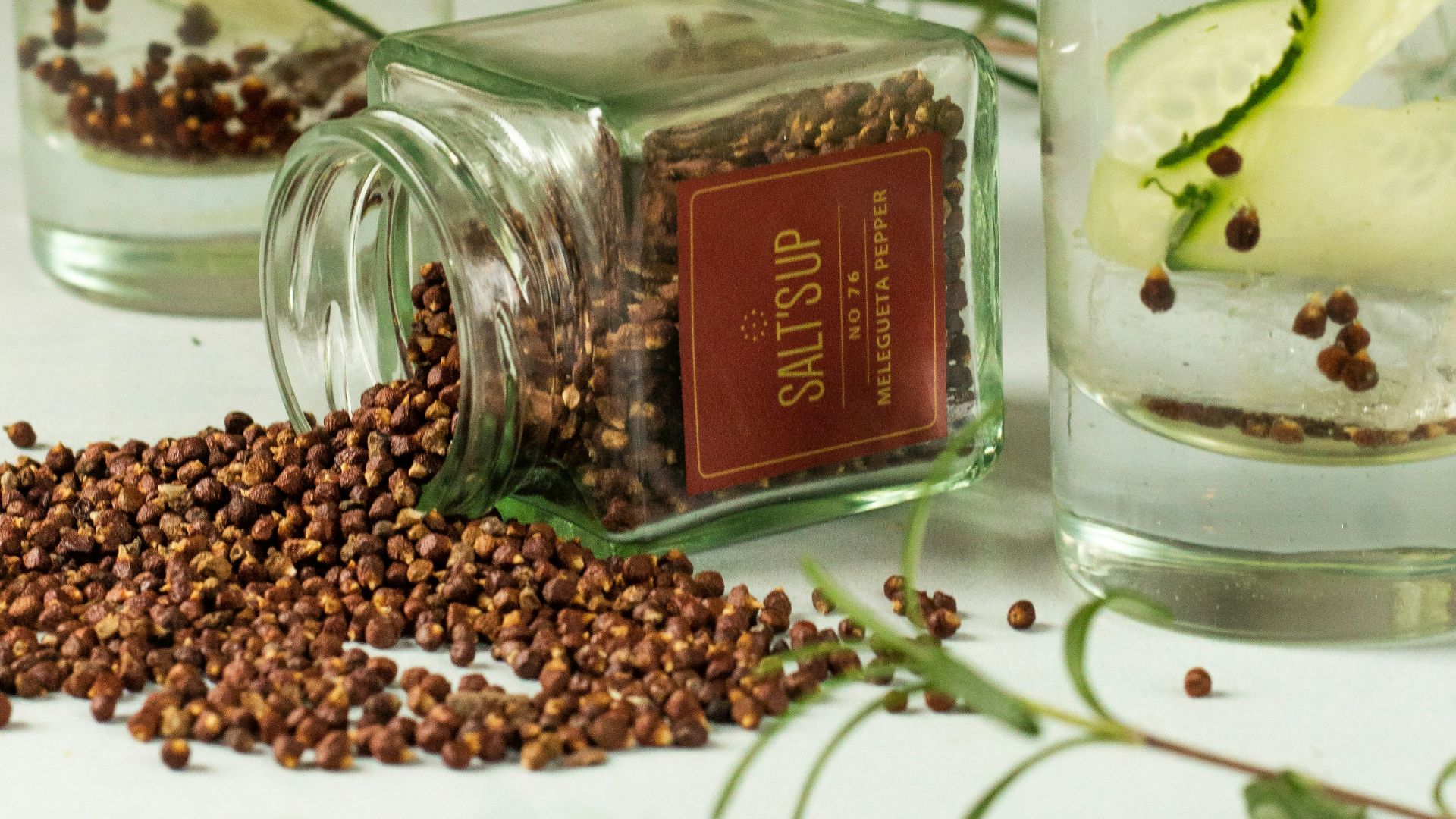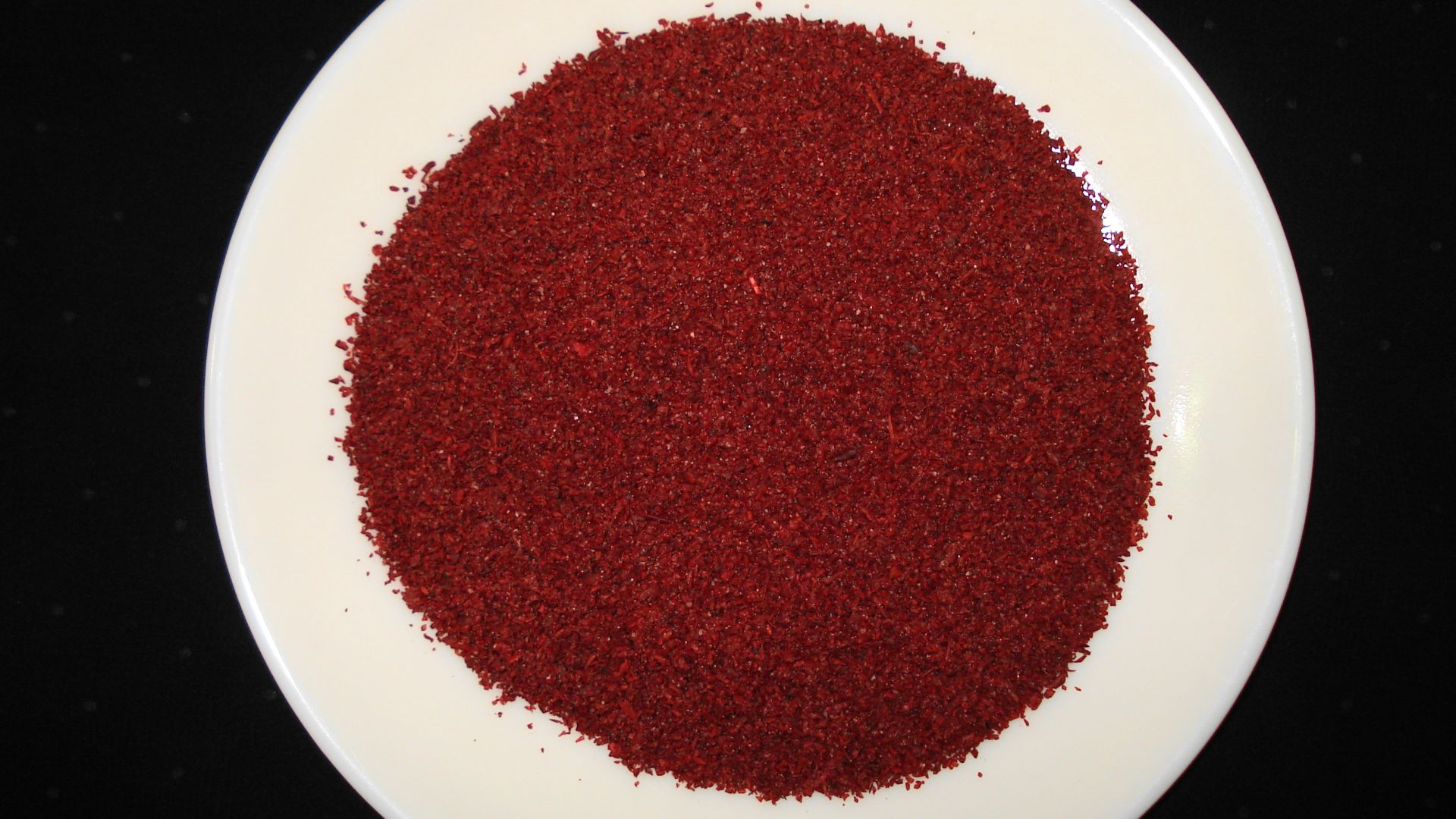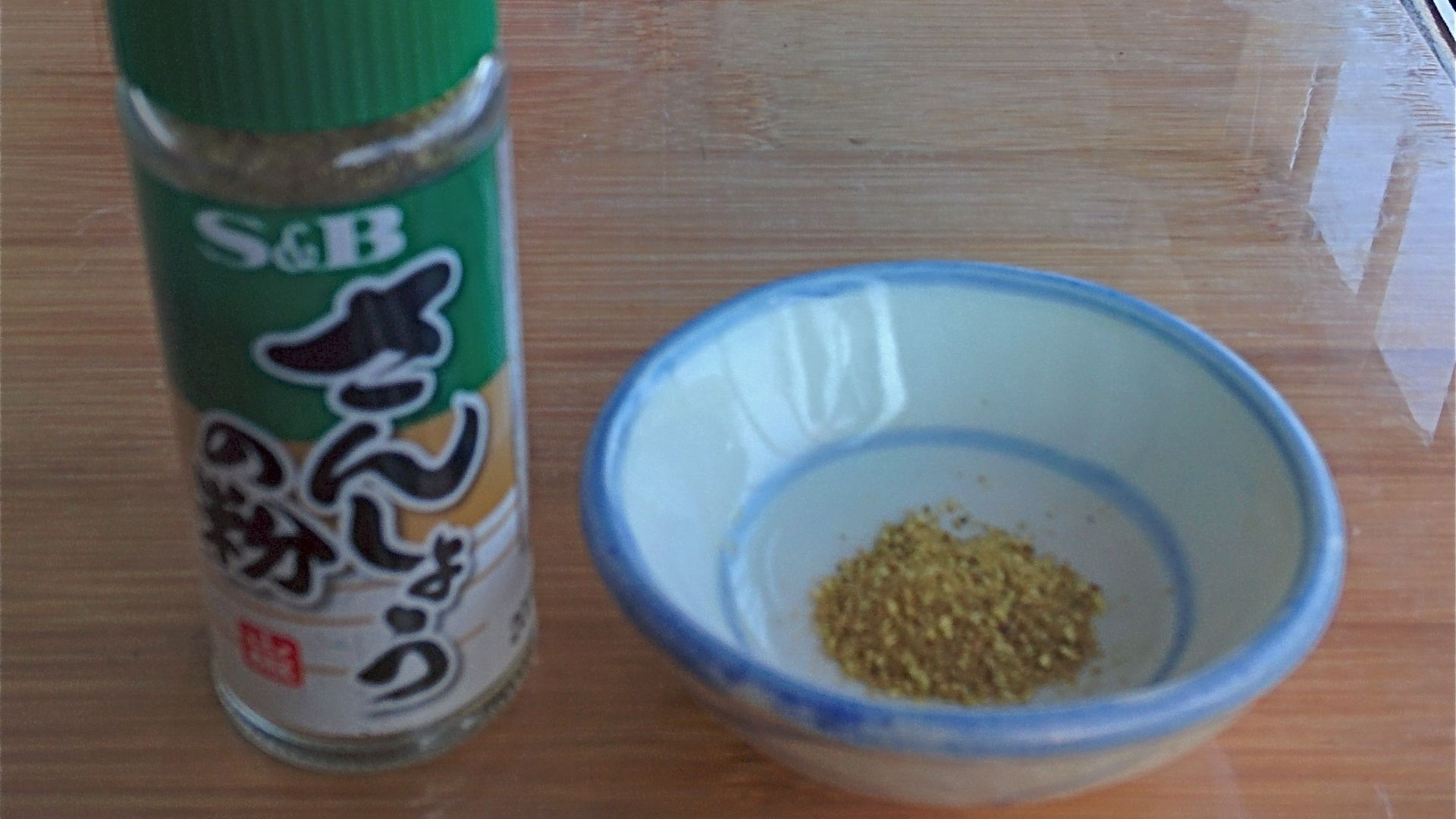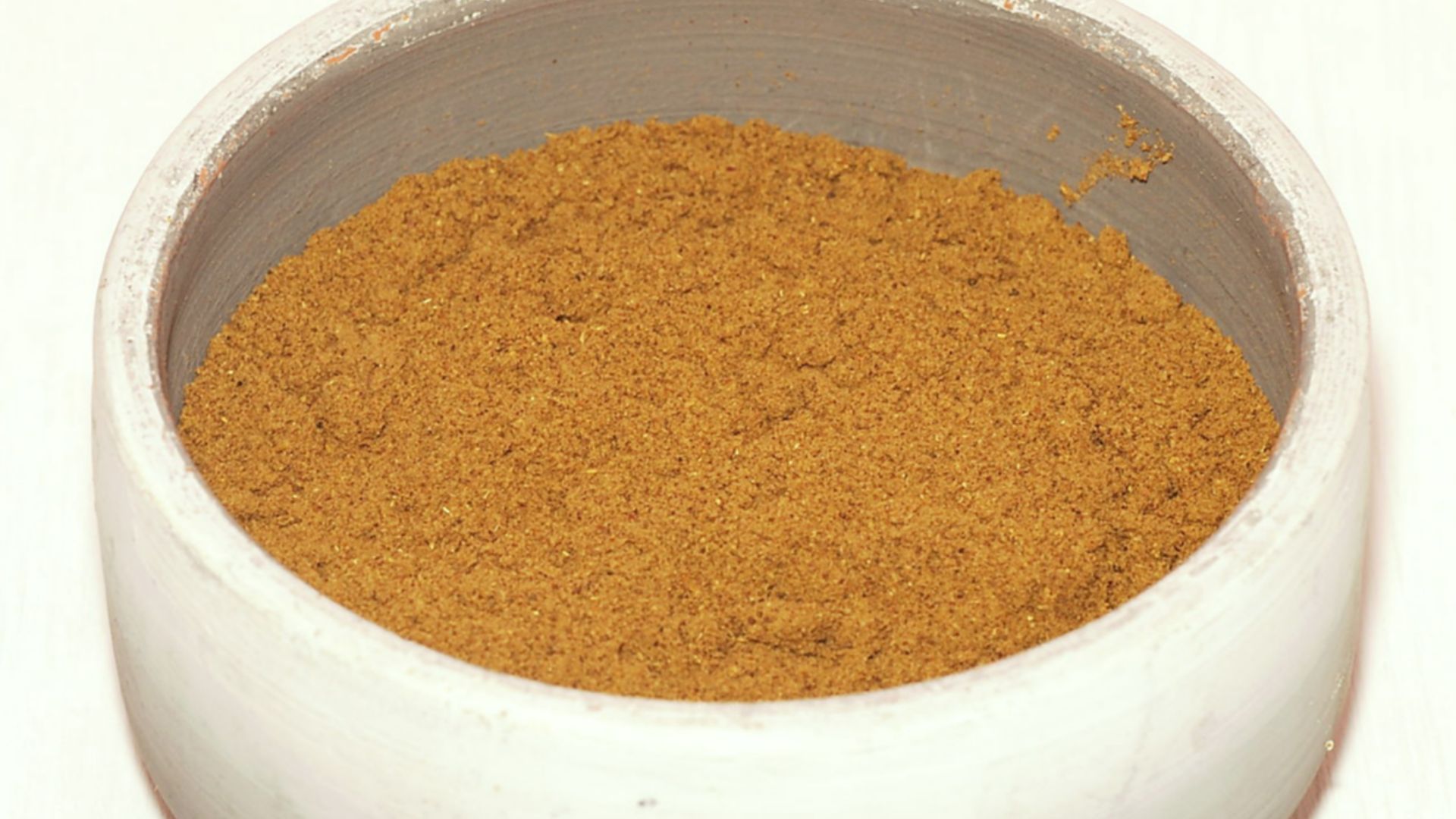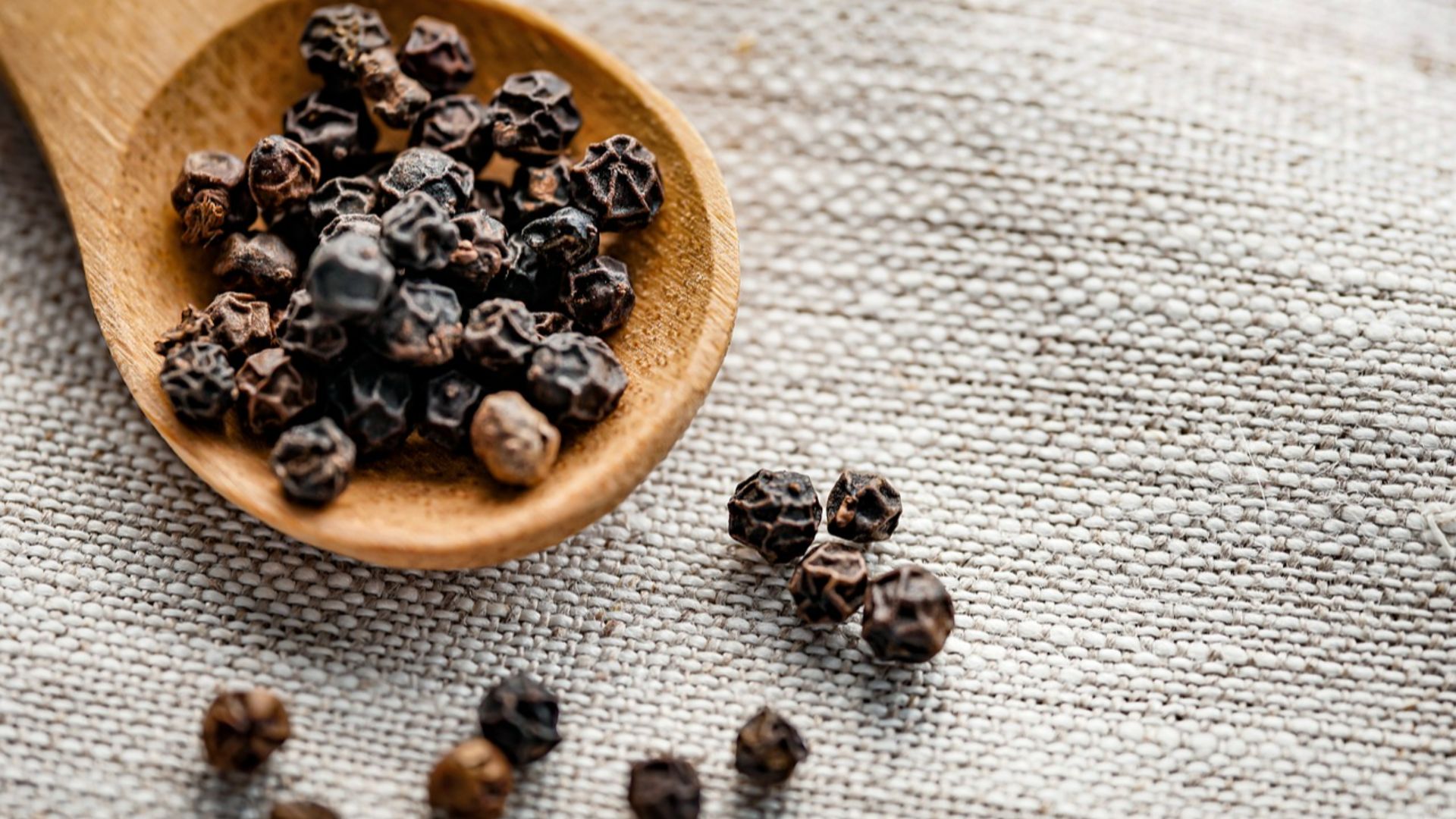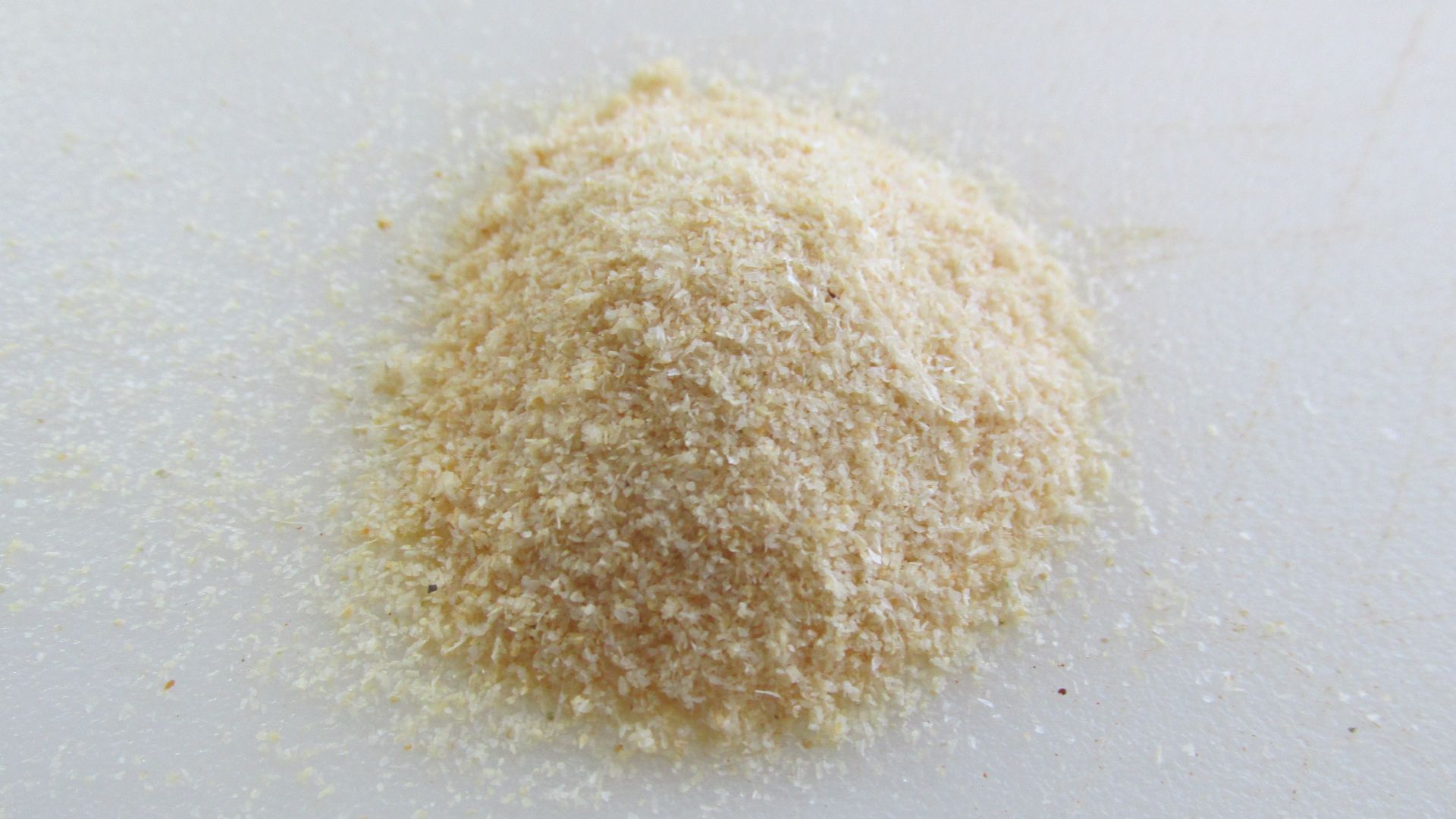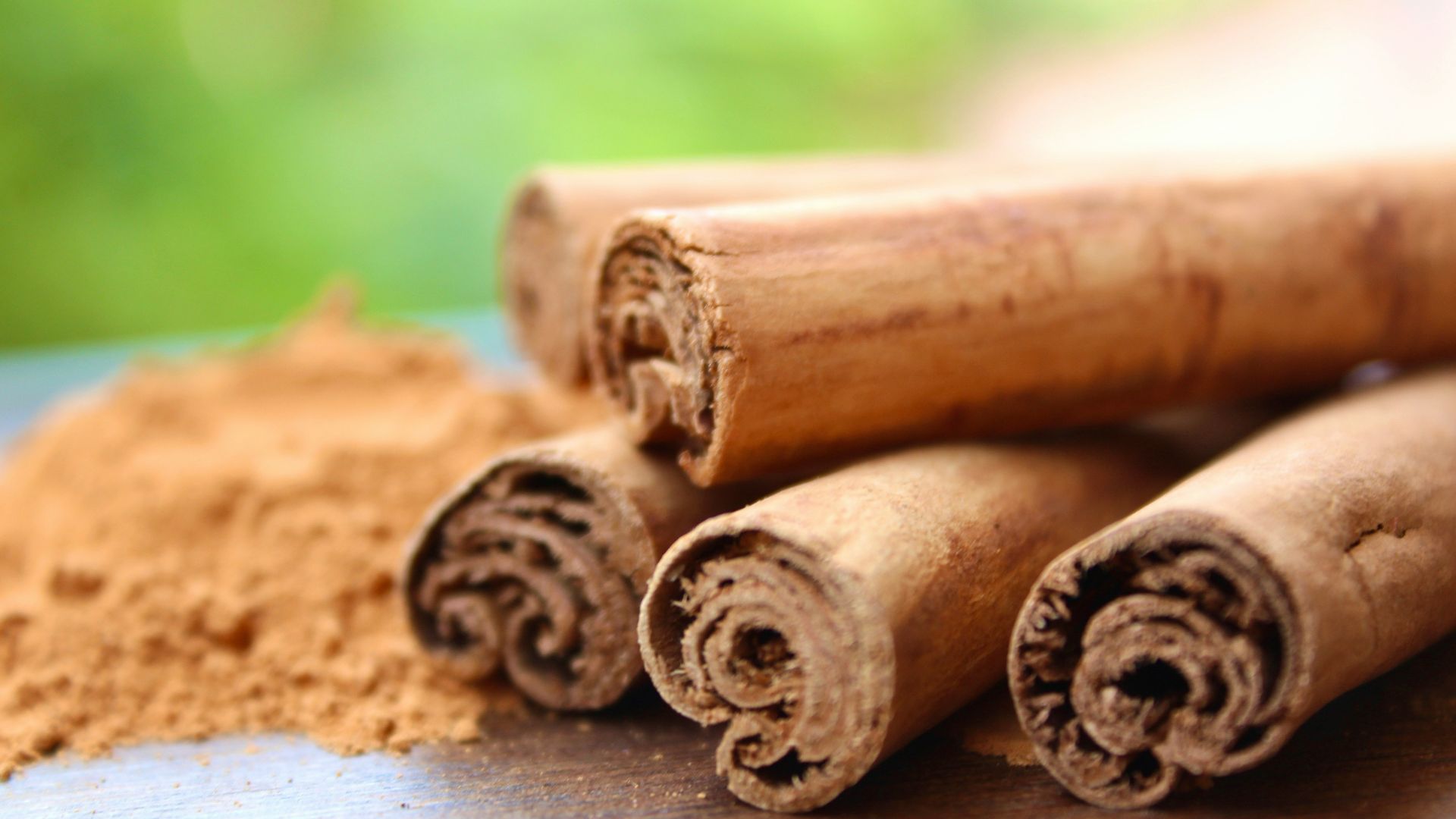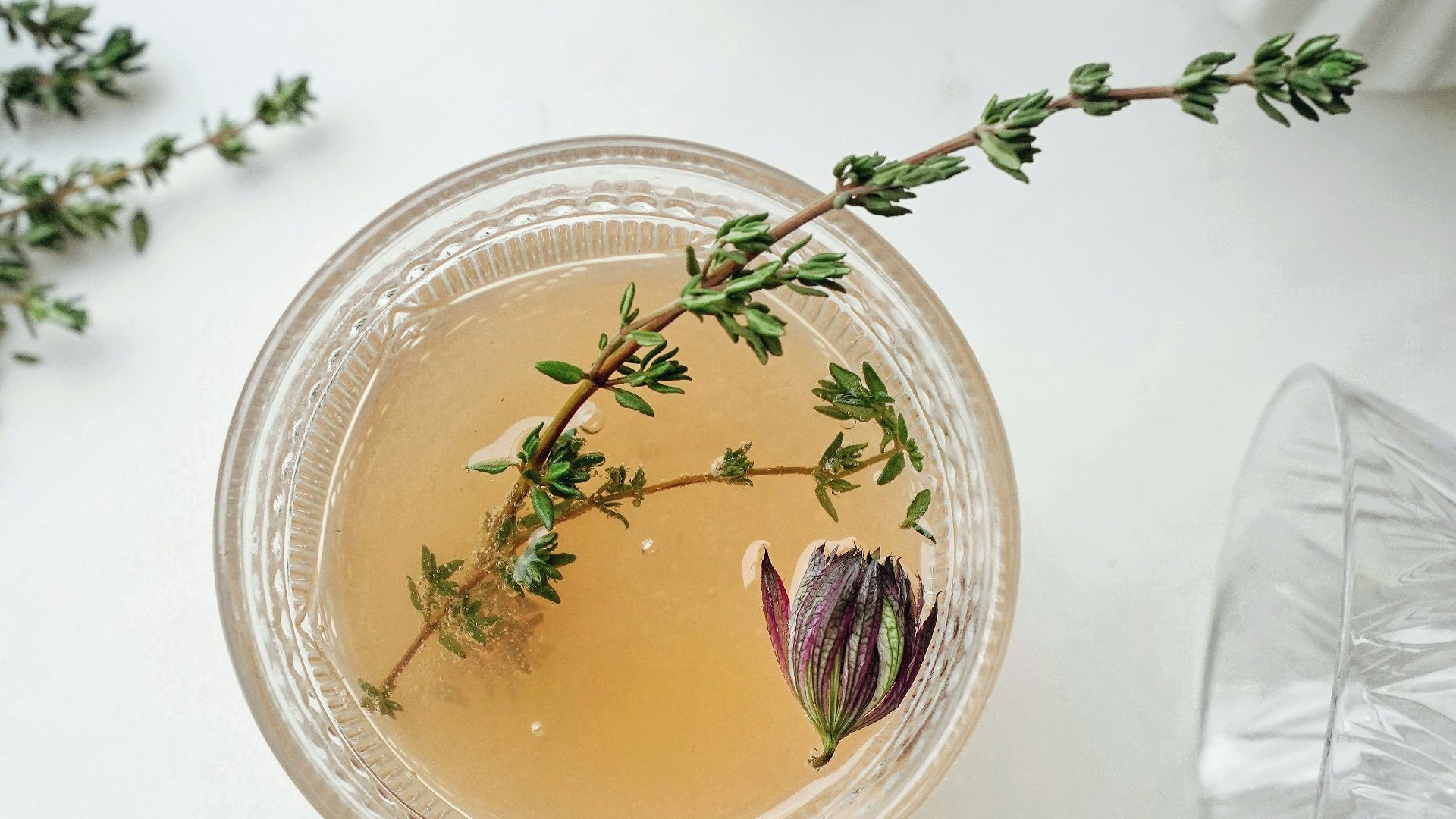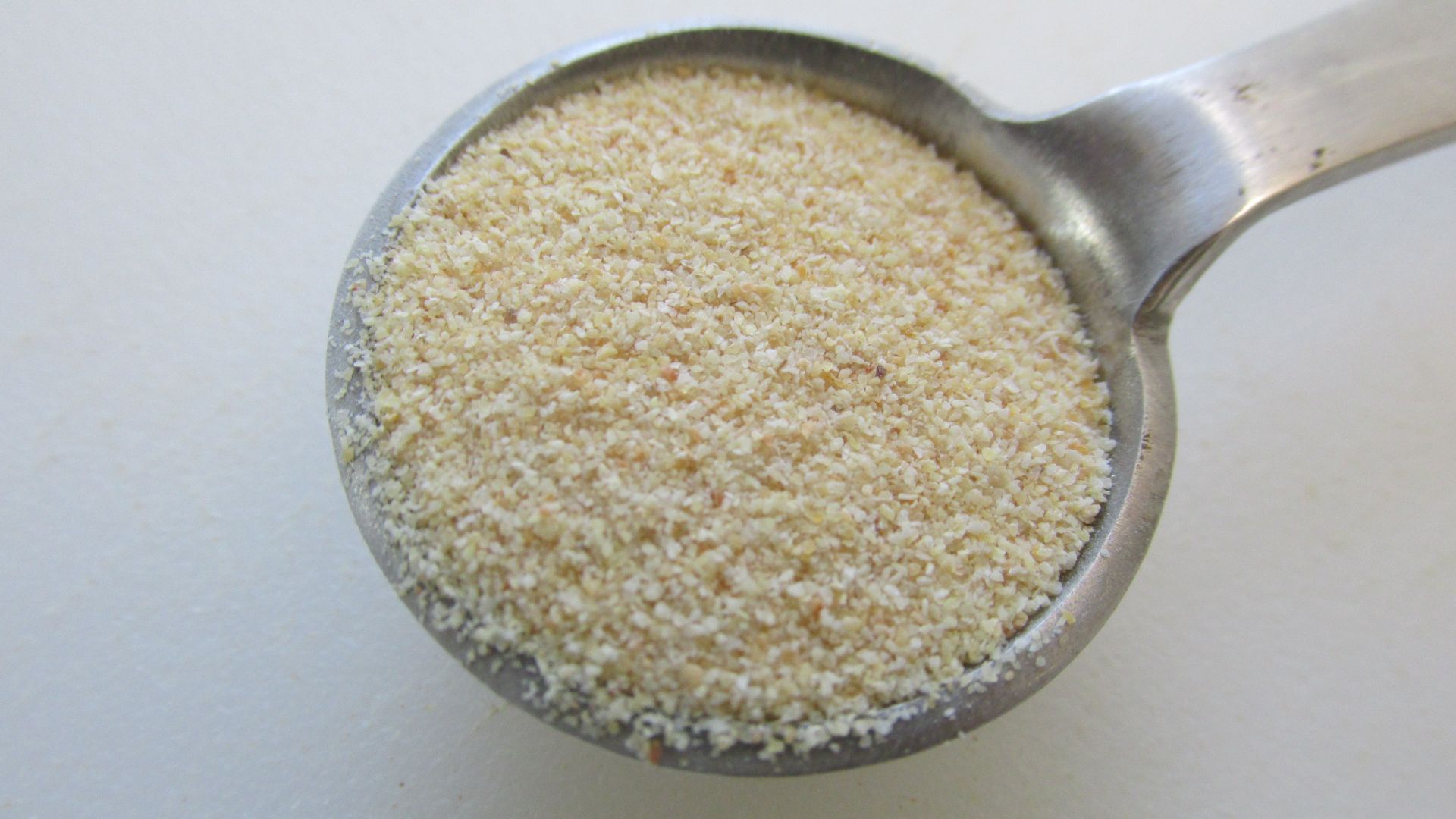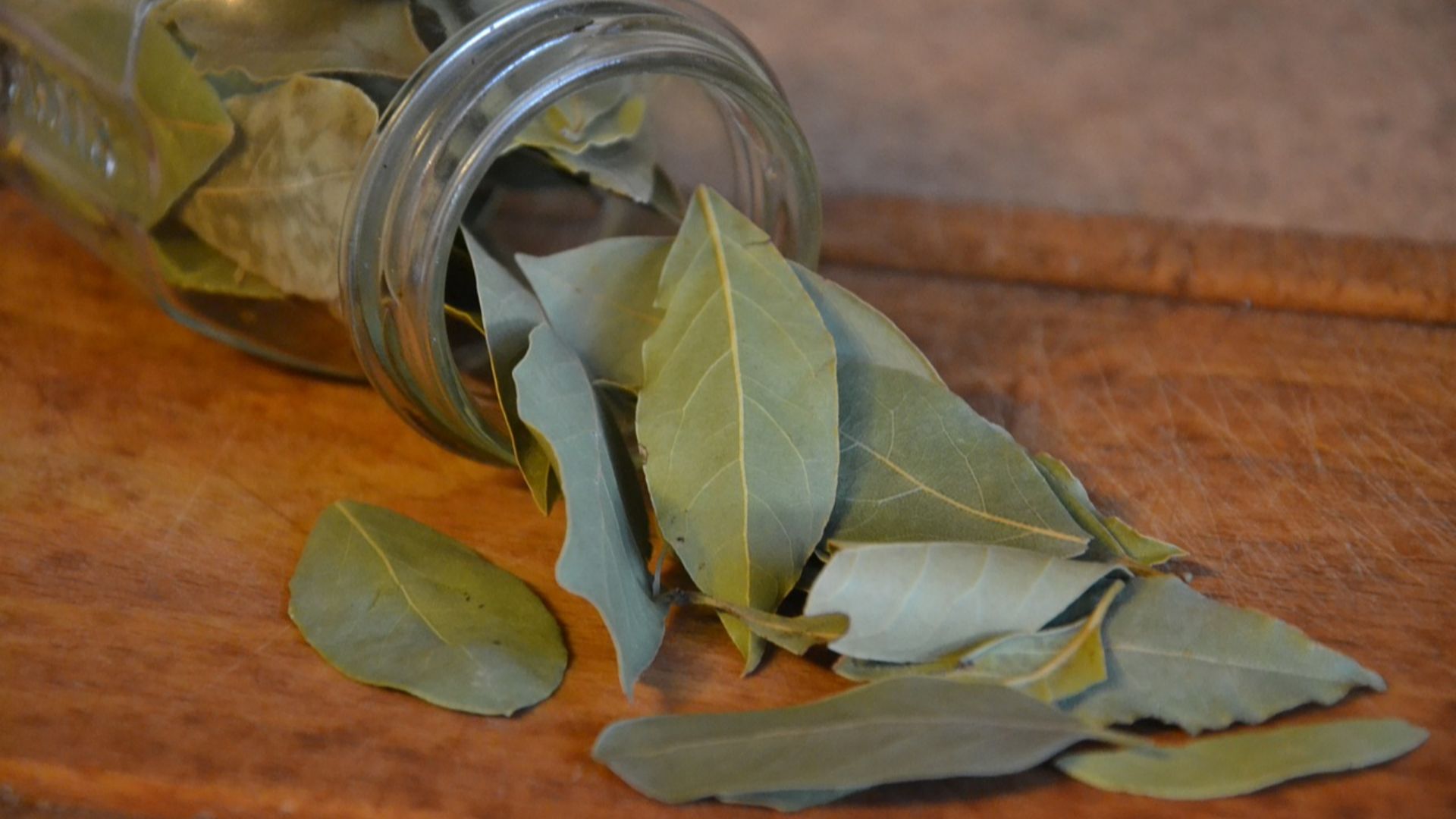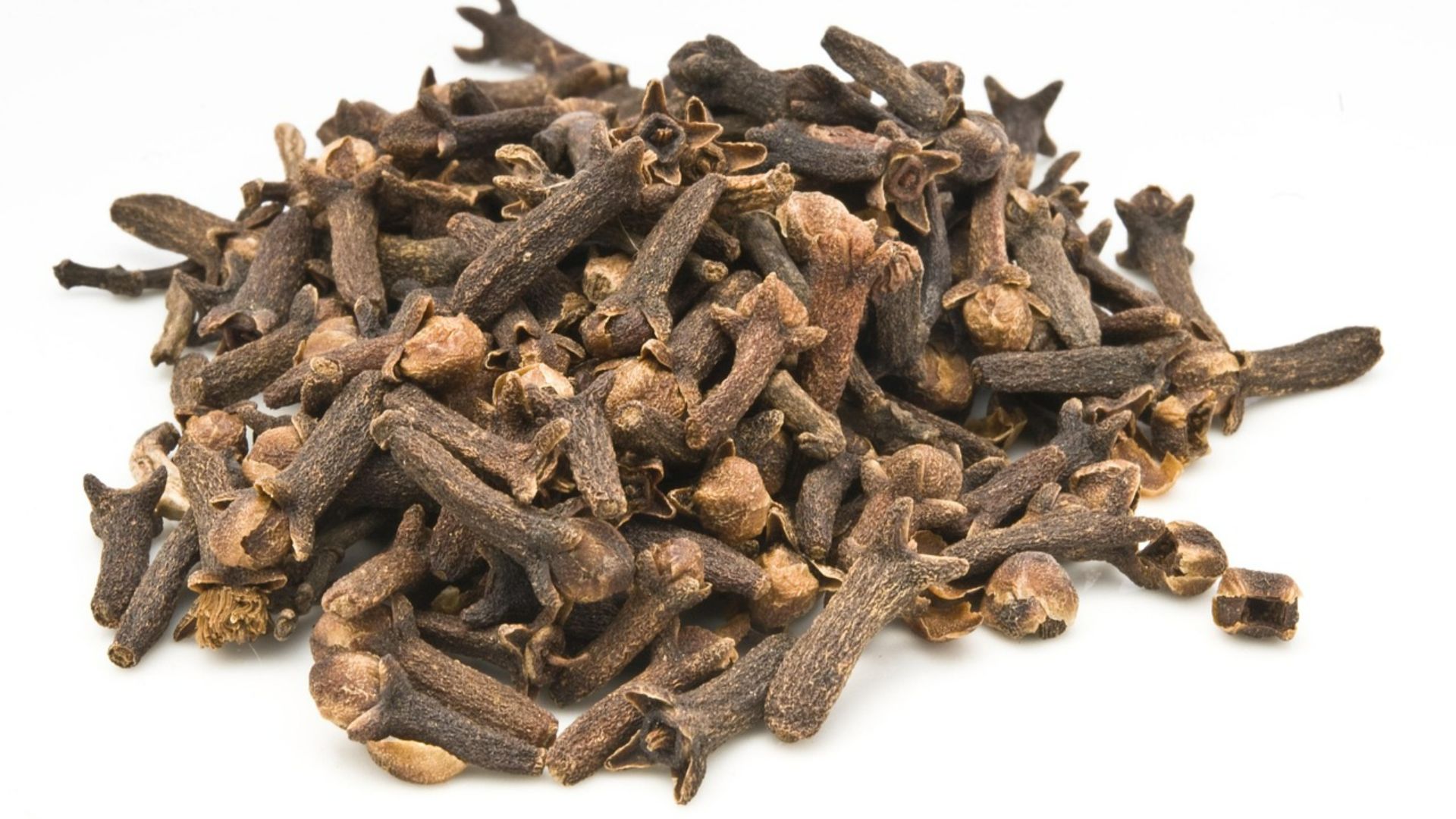Mysterious Spices vs. Everyday Staples
Spices have the power to transform a dish, taking it from good to unforgettable. But while you might be familiar with the usual ones, there’s a whole world of lesser-known spices that could change your cooking game entirely! Let’s talk about 10 spices you’ve probably never heard of, alongside 10 everyday favorites we all use to bring meals to life.
1. Urfa Biber
Mildly sweet and hot, Urfa Biber is Turkey’s best-kept secret. This deep red pepper has an almost raisin-like richness with a slow-building warmth that isn’t overpowering. Often found in kebabs, stews, and even chocolate desserts, it adds a sultry, umami-packed depth.
2. Ajwain
Imagine thyme with a serious attitude. Ajwain is tiny, but it packs a punch that’s spicy, bitter, and loaded with a peppery kick. A staple in Indian cuisine, ajwain is often toasted to mellow its intensity. This spice is a digestive powerhouse and a flavor bomb in lentils and fried snacks.
3. Juniper Berries
Juniper berries are the secret behind gin’s signature flavor. But they’re not solely for cocktails. European chefs use them in everything from game meats to sauerkraut. These tiny, deep-blue berries cut through rich dishes with a woodsy sharpness that feels wild and sophisticated.
4. Grains of Paradise
Black pepper is great, but this West African spice takes things up a notch. Grains of Paradise delivers a bold kick of heat with hints of citrus, ginger, and flowers. Chefs and craft brewers love it for its complexity. It’s a game-changer in rubs and even ice cream.
5. Sumac
Forget lemon juice. Sumac is the zesty, tangy spice that does it better. This deep red powder comes from dried berries and brings a bright, citrusy pop to Middle Eastern and Mediterranean dishes. It’s fresh, slightly tart, and makes everything taste just a little more exciting.
6. Fennel Pollen
Fennel pollen is like fennel seeds on steroids. They are an explosion of sweet licorice and warm spice. Italian chefs swear by it as they dust it over roasted meats, seafood, and pasta. A pinch converts simple dishes into something complex and aromatic.
 Casina Rossa Fennel Pollen - The Fairy Dust of Fennel Flavor by Caputo's Market & Deli
Casina Rossa Fennel Pollen - The Fairy Dust of Fennel Flavor by Caputo's Market & Deli
7. Mahleb
Mahleb is intoxicatingly fragrant. This Middle Eastern spice comes from cherry pits, but it’s not merely about fruitiness. Mahleb is where almond, cherry, and vanilla collide for a soft floral aroma. It’s the secret weapon behind buttery pastries and aromatic breads.
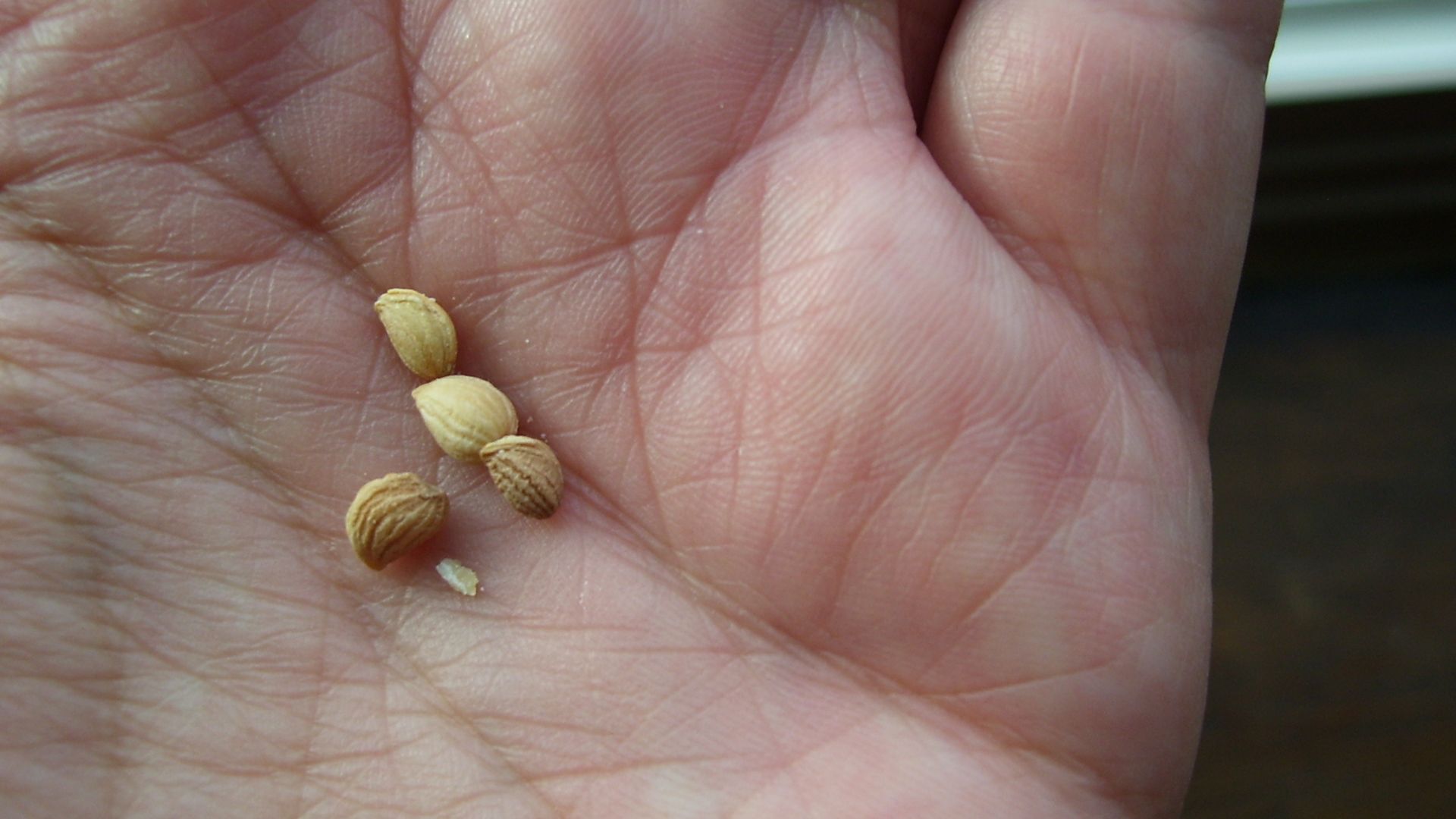 Leslie Seaton from Seattle, WA, USA on Wikimedia
Leslie Seaton from Seattle, WA, USA on Wikimedia
8. Amchur
Amchur is dried green mango powder, and it’s all about tang. Tart and slightly sweet, this Indian spice adds a citrusy zing to curries, chutneys, and marinades. You can use amchur powder to balance rich, spicy dishes without adding moisture.
9. Sansho Pepper
Related to Sichuan peppercorns, the Japanese sansho peppers numb the tongue while releasing bright, lemony notes. Traditionally used in grilled eel dishes, it also shines in noodle soups, stir-fries, and even cocktails. Consider it spice with a buzz.
10. Ras el Hanout
Literally translating to “head of the shop,” Ras el Hanout is Morocco’s ultimate spice blend. It has up to 40 different spices, including cinnamon, cumin, cardamom, and even dried rose petals. Moroccans use it in tagines, grilled meats, and rice dishes to create deep, layered flavors.
Now, it’s time to talk about the spices people use every day. You can find them in almost every store.
1. Black Pepper
Spicy, pungent, and just the right amount of heat—black pepper is the undisputed king of spices. It enhances every other flavor in a dish, making savory foods taste richer and brightening up even the simplest ingredients.
2. Onion Powder
Onion powder is the quiet workhorse of the spice rack. It blends seamlessly into soups, spice rubs, sauces, and dressings, adding a subtle but unmatched depth of flavor. Unlike fresh onions, onion powder doesn’t overpower. It makes meats taste meatier and sauces taste more rich.
3. Cinnamon
Used in savory and sweet dishes, cinnamon is warm and a little spicy. It brings comfort to baked goods, depth to savory stews, and unexpected heat to spice blends. In desserts, cinnamon enhances the sweetness, and in savory dishes, it adds an almost smoky flavor.
4. Oregano
Chefs add oregano to Mediterranean salads, sauces, marinades, and main courses to make them more aromatic. It’s a staple in Italian and Greek cooking as it delivers a punchy, almost peppery depth. Oregano is also antibacterial and good for gut health.
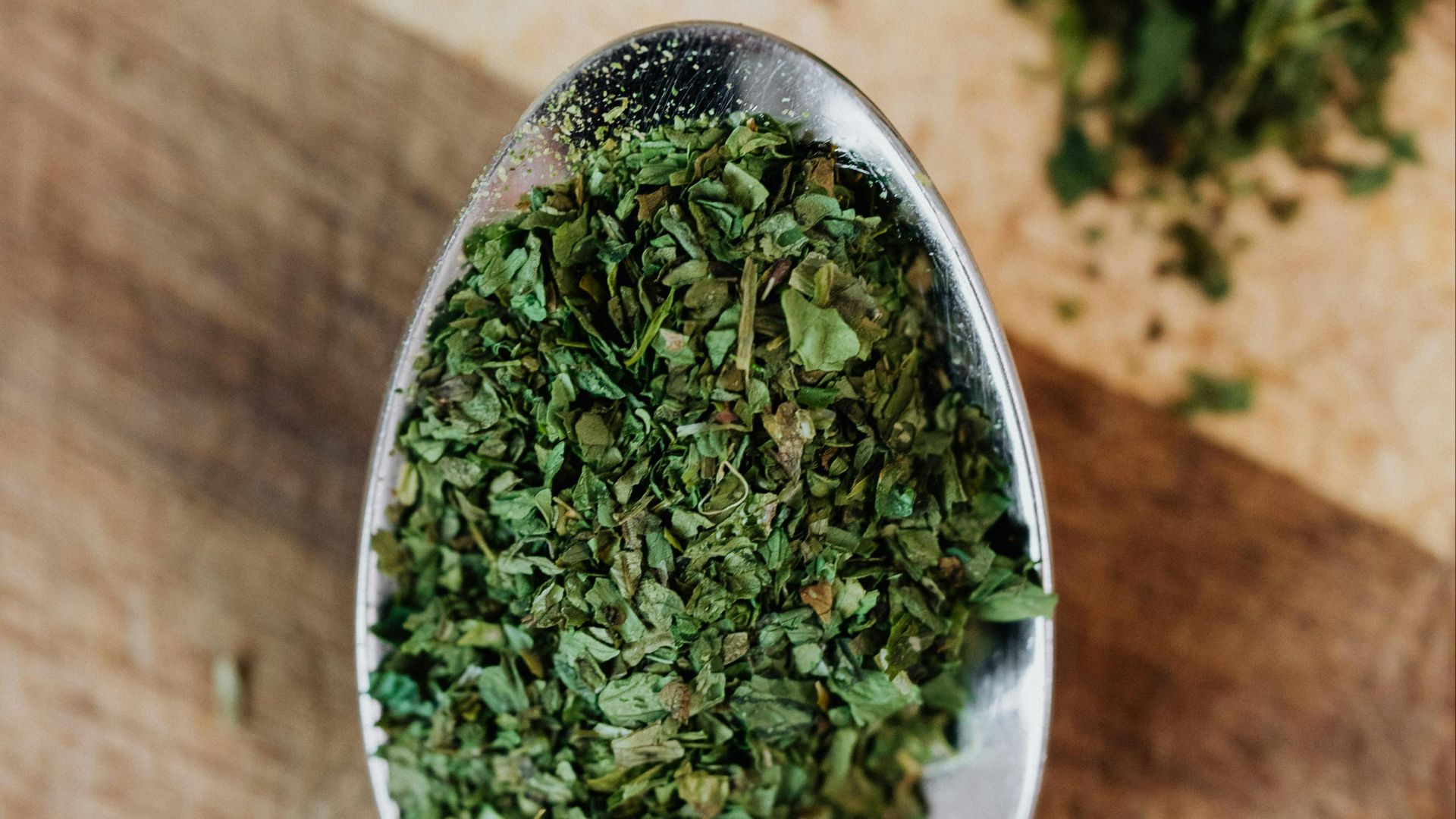 Photo By: Kaboompics.com on Pexels
Photo By: Kaboompics.com on Pexels
5. Thyme
Looking for a herb that ties everything together? Thyme is earthy, a little bit minty, and subtly floral. It’s delicate yet complex, enriching roasted meats, soups, and even potatoes with a woodsy flavor. Unlike stronger herbs, it just elevates the taste a little bit.
6. Basil
Basil is the heart of Italian and Mediterranean cuisine. It’s peppery and intensely fragrant, adding freshness to pasta, brightness to pestos, and a vibrant lift to salads. Whether torn over a Margherita pizza or muddled into a cocktail, basil’s fresh, herbal punch makes everything taste like summer.
7. Garlic Powder
Enjoy garlicky goodness without the hassle of peeling and chopping. Garlic powder is bold, savory, and packed with umami to bring instant depth to anything it touches. Sprinkle it into marinades, rub it on meats, or toss it into pasta sauces for a full-bodied, roasted garlic flavor.
8. Ginger
In addition to its amazing health benefits, ginger adds a zesty, spicy, and slightly punchy flavor. It can be used to enhance savory and sweet dishes by intensifying the heat in stir-fries and curries when used fresh. If it’s dry, ginger adds the perfect warmth to baked goods and spice blends.
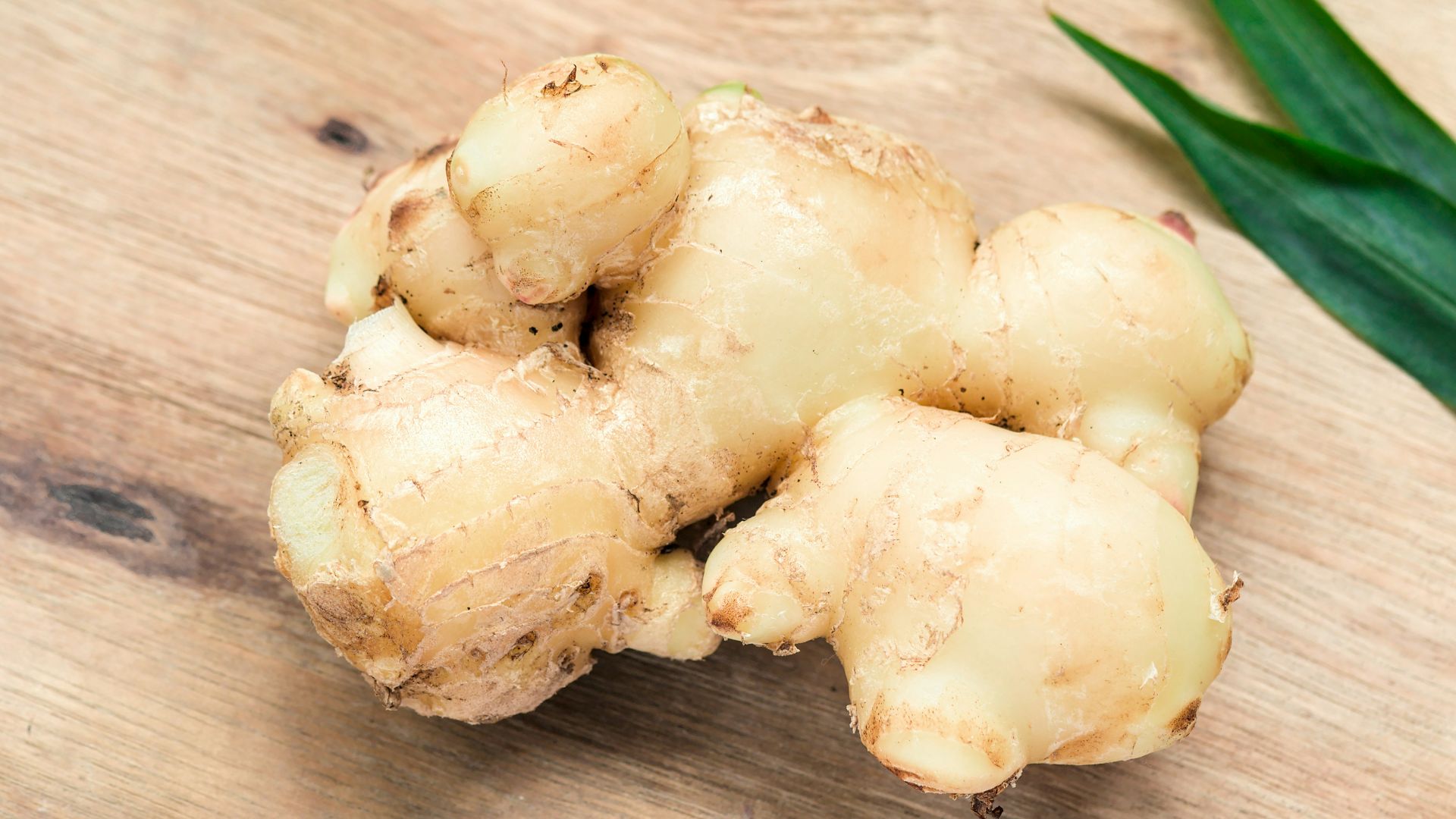 sentot setyasiswanto on Unsplash
sentot setyasiswanto on Unsplash
9. Bay Leaves
Subtle but essential, bay leaves are the quiet flavor builders of soups and sauces. Toss one into a simmering broth, and it infuses the dish with a gentle, herbal flavor that’s hard to pinpoint but impossible to ignore. Overall, bay leaves bring out the best in other spices.
10. Cloves
Cloves add a rich, smoky depth to holiday desserts and lend a warming bite to mulled wine. They’re deeply aromatic, which allows them to add spiciness to sweet and savory dishes. A little goes a long way, but when used right, cloves make any dish feel a little more special.
KEEP ON READING

The Most Popular Chocolate Bars in the USA

The Most Popular Candies in the USA



